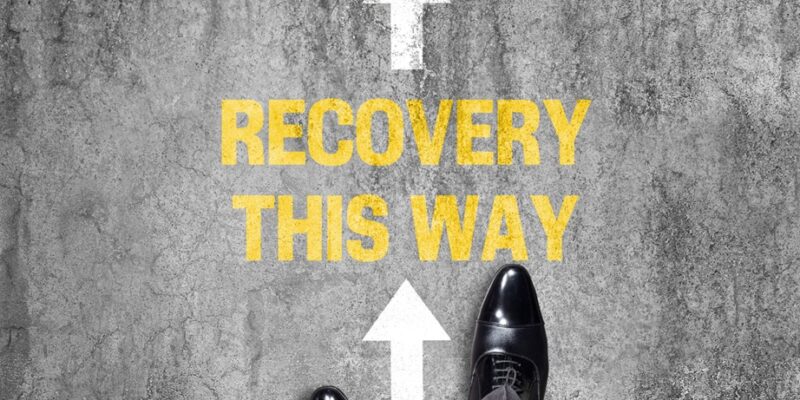If you know someone in recovery or are close to someone who is, you may be wondering what you can do to best support them. Or maybe sometimes you feel like you just don’t understand what they’re going through or are feeling too much pressure to be the “perfect” supporter. Here are three things people in recovery wish you knew that might help create a better understanding between both of you.
1. Addiction Can Happen to Anyone
One of the most important things to understand is that addiction can happen to anyone. It does not discriminate and can affect people from all walks of life. Just because someone is successful, has a good job, or comes from a “good” family doesn’t mean they’re immune to developing an addiction. It may be difficult to wrap your head around this, but it’s important to remember that addiction is a disease and not a choice.
You may even check out the recovery podcast, which shares stories of people from all different backgrounds who have battled addiction and are now in recovery. This way, you will be able to understand that addiction can happen to anyone and that recovery is possible for everyone.
2. It’s Not Just about the Substance
When most people think of addiction, they think it’s simply about abusing drugs or alcohol. But addiction is so much more than that. It’s about using a substance to cope with underlying mental health issues, trauma, or pain. It’s about numbing yourself from the world because you feel like you just can’t cope. It’s important to understand that addiction is not just about the substance but also about the underlying issues that are causing someone to turn to drugs or alcohol in the first place.
In this case, it’s important to seek professional help so that the person can address these issues and heal in a safe and healthy way. Additionally, by knowing how to support someone in recovery, you will be able to help your loved one through this difficult time. Lastly, treatment for addiction is essential for long-term success and sobriety.
3. Recovery is a Journey, Not a Destination
Recovery is not a linear process, and there will be ups and downs. There will be good days and bad days. It’s important to understand that relapse is a part of recovery and that it’s not the end of the world if it happens. What’s important is that the person gets back on track and continues working towards their sobriety goals.
Additionally, it’s also important to understand that recovery is a lifelong journey. It’s not something that someone completes, and then they’re “cured.” Recovery is an ongoing process that requires work and dedication. But it is possible to live a happy, fulfilling life in recovery.
Wrapping Up
These are just a few of the things people in recovery wish you knew. By understanding these things, you can be a better support system for someone you love. So don’t be afraid to reach out and ask questions. The more you understand, the better you can help.






Comments